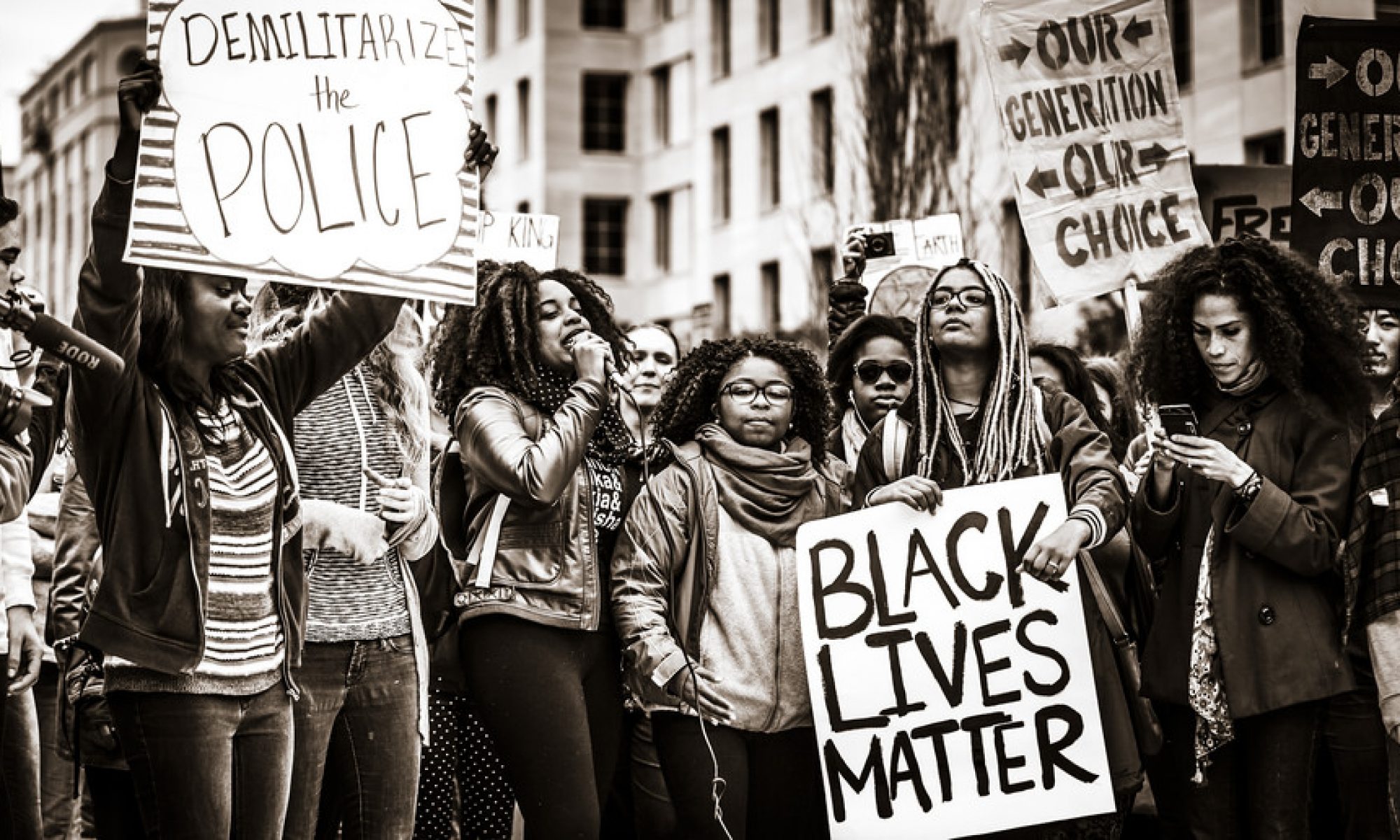After giving birth to her daughter via C-Section, Serena Williams, a world-famous tennis player, suffered several complications and had to endure two other surgeries to help correct her blood flow. Williams has said that she has a history of struggling with blood clots, and after giving birth she developed an embolism. Two surgeries and one restitching later, Serena has fully recovered and returned to her passion of playing tennis. But the experience opened her eyes.
According to the CDC, black women are three to four times more likely to die of pregnancy-related complications in the United States. The CDC even suggests that the reasons for these deaths are often preventable (about 50%). In the United States, women’s health issues are often not taken seriously because women are often seen as dramatic or said to be overreacting to their symptoms. Williams was able to receive excellent healthcare in the face of her after pregnancy issues, but she is a black woman with fame and enough money to cover those costs. Most black women are not that fortunate. If the pregnancy doesn’t go smoothly for other black women, women that are not as well off, there is a good chance that the doctors will leave them to their own devices. And that is just a nice way of saying “let them die.”
https://www.theguardian.com/sport/2018/feb/20/serena-williams-childbirth-health-daughter-tennis
https://www.cdc.gov/reproductivehealth/maternalinfanthealth/pregnancy-relatedmortality.htm
